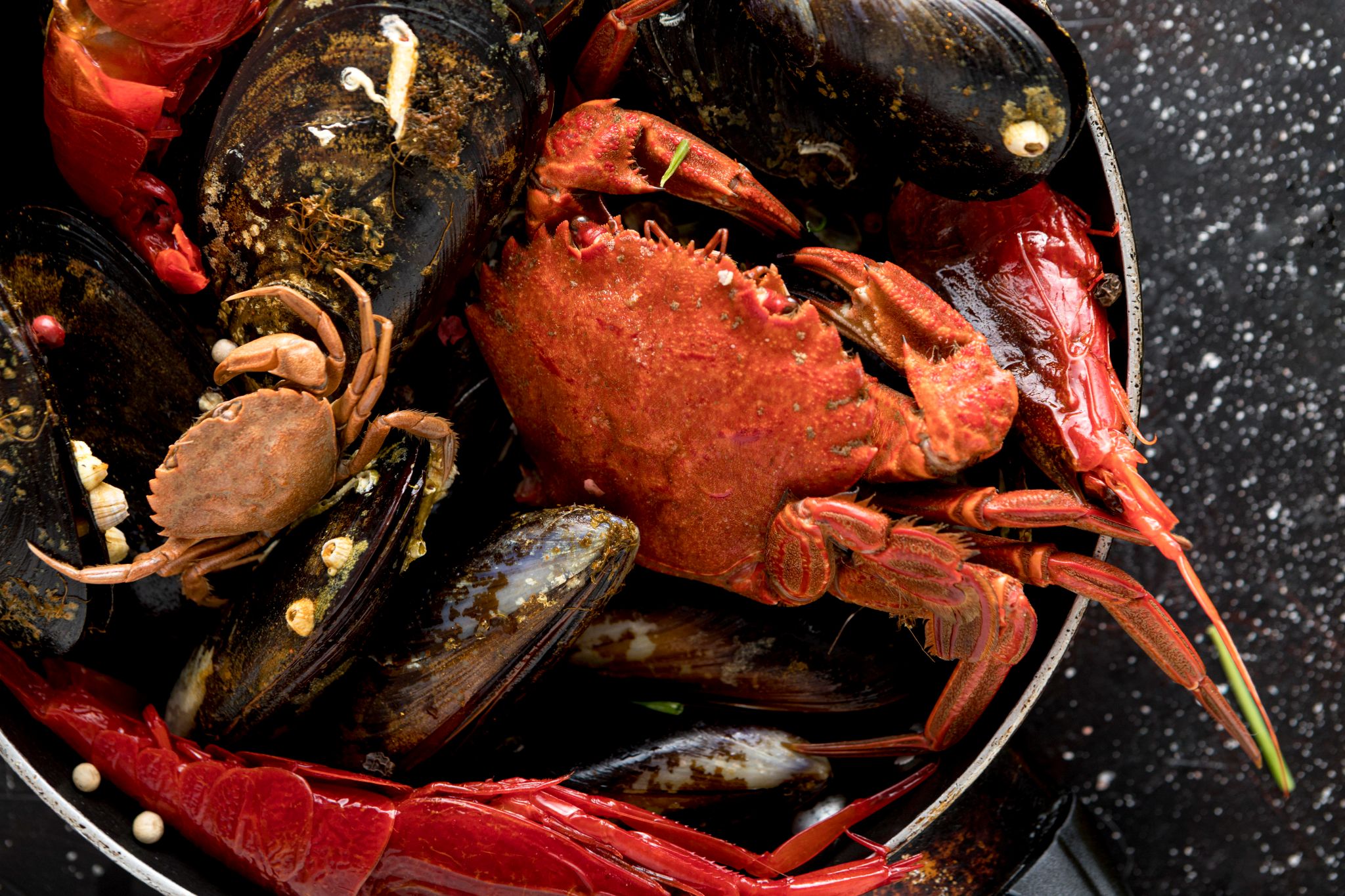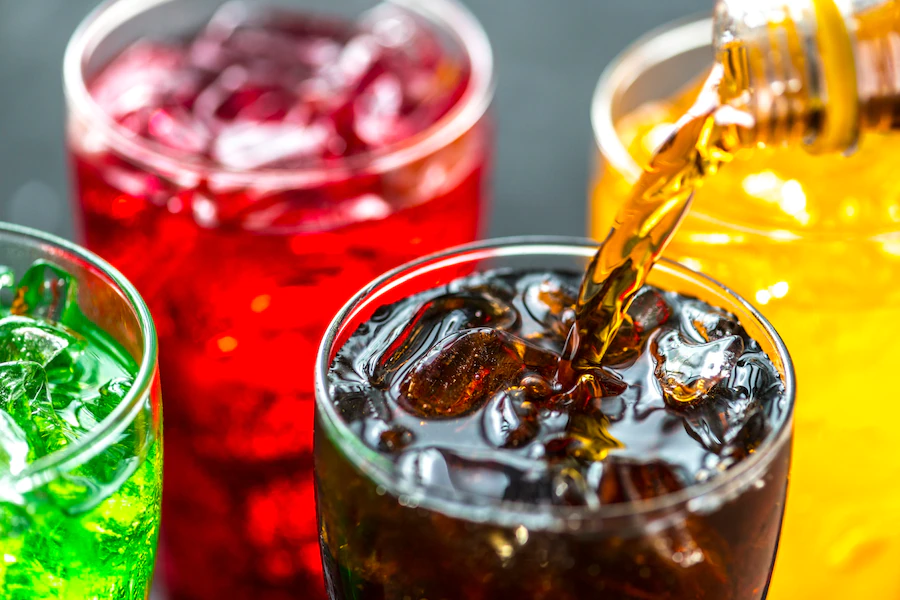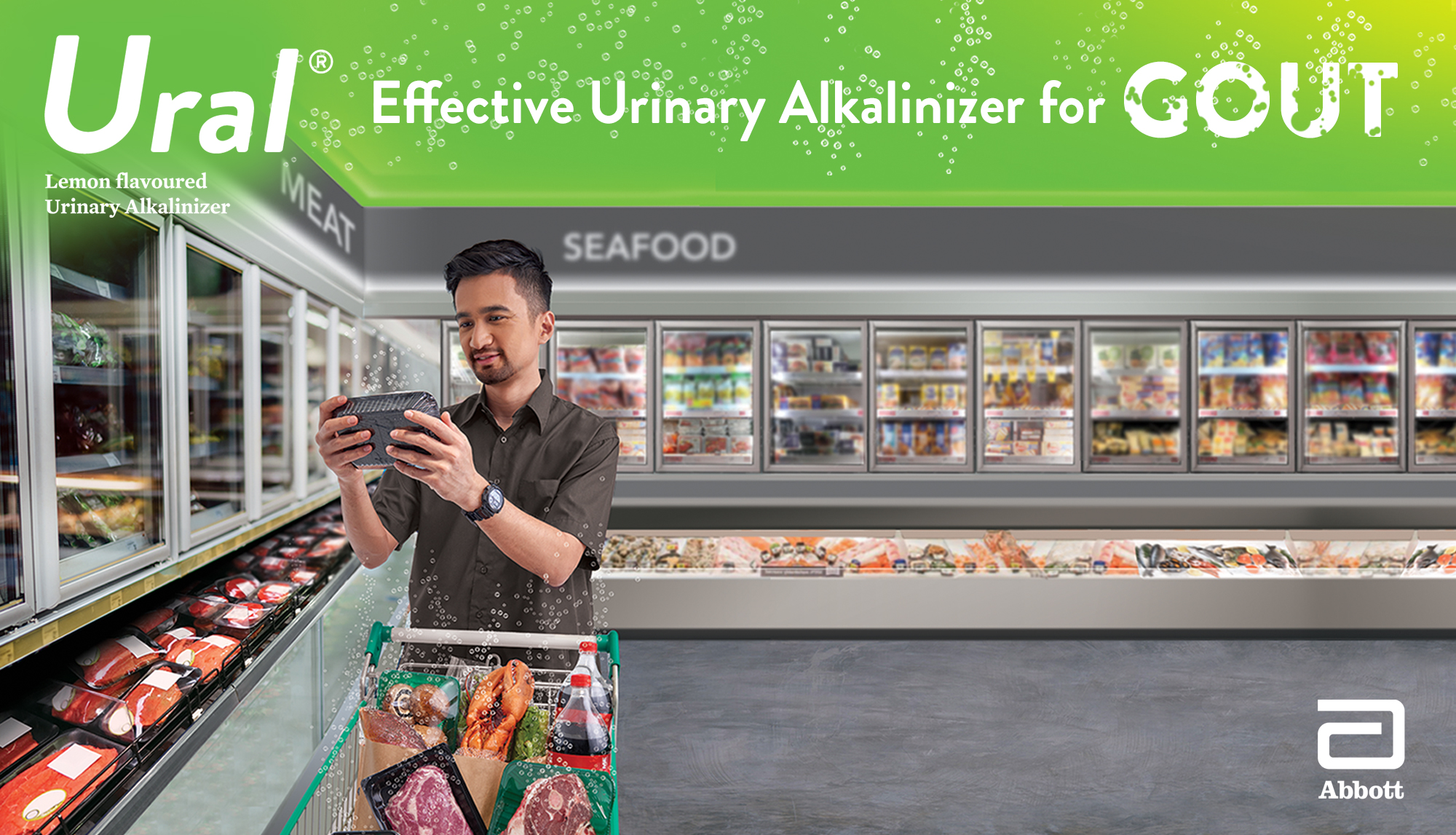The main cause of gout is when your body has a high amount of uric acid. In summary, uric acid forms when purines such as meat, seafood, sugary food, and beverages are broken down in the digestive system.
Generally, men are more likely to get this condition than women, and it may be quite painful and unpleasant.
Why you should eat fewer purines
Most purines are usually digested and eliminated from your body without any hassle, however, this isn't always the case. If you are having excess amounts of uric acid in the body, this could mean that you have been consuming a heavy amount of purine food which can cause a condition called hyperuricemia. This would cause several health risks, such as:
Urinary Tract problems and Gout
Too many purines in the body can cause uric acid to crystallise in the urinary tract, resulting in the formation of uric acid stones. These stones can be quite painful in severe situations because it blocks the urinary tract from removing wastes and this can cause infection.Gout is a specific kind of arthritis caused by deposits of uric acid crystals that accumulate in the joints, often around elbows, knees, or hands. When gout flares up, it can cause excruciating pain and should be treated by a doctor.
Foods with high amount of purine
Although purines are common in a typical diet intake, taking it in consideration is important. Individuals with hyperuricemia or any related health risks, should be more vigilant in their purine intake or seek different dietary options. Here are 4 foods with high purine levels that you should avoid:
1. Organ Meat and Red Meat
The liver, kidneys, and sweetbread contain high purines, which would increase your uric acid levels. Red meats in general are higher in purines than white meats and should be eaten only occasionally.
Although they are a good source of nutrition, they can cause your level of uric acid to rise, when your body breaks them down.
Instead: Other meats like chicken, beef and lamb contain lower purines, so you can safely eat them in moderation. You can also opt for vegetarian meat too!

2. Seafood
Some seafood is higher in purines than others. Anchovies, mussels, crab, shrimp, sardines, herring, trout, mackerel — have moderate to high levels of purines.
Instead: Since fish is a healthy food, it makes sense to keep it in your diet. One option is to try fish like sole and cod that are lower in purines.

3. Sweetened Beverages
The sugar fructose in soft drinks is not high in purines itself, however your body breaks it down to form purines. Drinking sodas made with high-fructose corn syrup has been linked with an increased uric acid level because of the excess consumption of sugar.
Instead: Try water flavoured with lemon and lime slices, or unsweetened seltzer in various flavours like passion fruit and vanilla or even fresh juice.
4. Alcohol
Different alcohols have different levels of purines. Beer is especially high in purines and has been found to increase uric acid levels when consumed regularly. Overall, alcohol does not only affect gout attacks as it also gives an effect on one’s health too.

Ural, the effective urinary alkalinizer for gout
Ural is a sugar-free, pleasant lemon-flavoured urinary alkalinizer which is palatable. It raises the pH value of urine making the urine more alkaline which will promote the dissolution of excess uric acid in blood and prevent the crystallisation of uric acid stones in gout therapy.
Help to reduce your uric acid levels in your body with Ural, the effective urinary alkalinizer!
A low-purine diet is designed to help manage hyperuricemia, and its complications, such as gout. But the diet is also a reasonable lifestyle to adopt for general health. If you are at risk of developing gout, or of living through another gout attack, a low-purine diet may be worth a try. Ask your healthcare provider if it’s a good option for you.
Help to reduce your uric acid level with Ural today! It is available in all leading pharmacies nationwide. Visit Ural’s website at www.uralpromo.my for more information.

This is a medicine product advertisement.
KKLIU 2711/2022 (exp: 31 December 2024)

